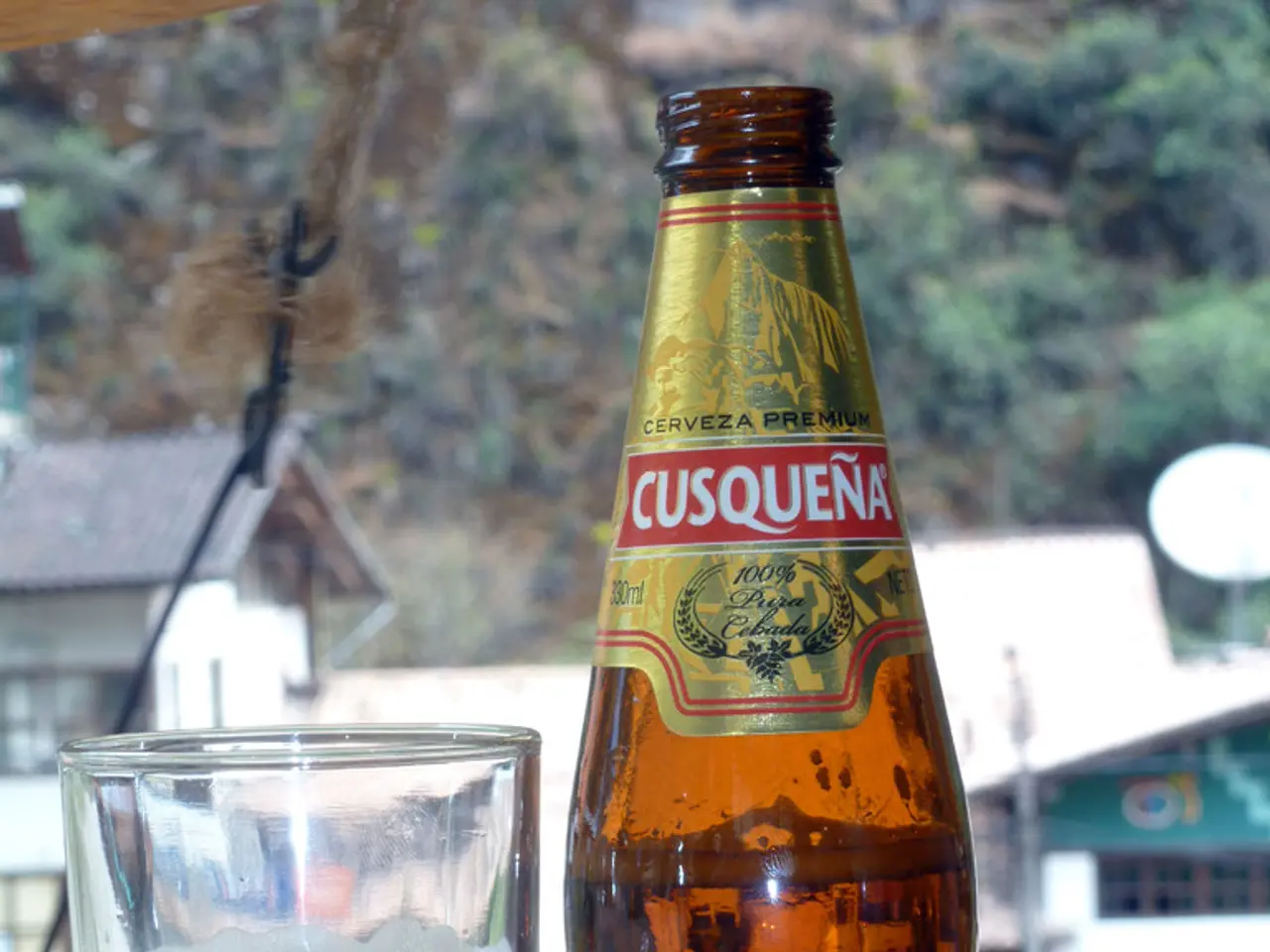Scenery of vineyards and cemetery in the Champagne District
The Champagne region of France, renowned for its vineyards, towns, and local pride in Pinot and Chardonnay fields, offers a unique blend of tradition and innovation. More and more, Champagne producers are embracing sustainable practices, creating an eco-friendly destination that is both photogenic and environmentally conscious.
Sustainable Wineries to Visit
Pol Couronne Winery (Reims area) - This boutique winery is committed to natural viticulture, offering guided tours that showcase its respect for terroir and wine-making heritage with sustainable approaches.
Henri Giraud (Épernay) - A smaller producer with a reputation for careful vineyard management, Henri Giraud offers immersive tours and accommodation, providing a glimpse into their sustainability values.
Family wineries in Rilly-la-Montagne - Located in Montagne de Reims, these producers combine ancestral know-how with respect for the environment, working the land sustainably on chalky slopes that favor grape health and complexity.
Unique Experiences
The treehouse wine bar, nestled in the Montagne de Reims nature park, offers a unique experience. Accessible only by a forested path and a wobbly suspension bridge, it features hanging armchairs and Champagne buckets strung from the ceiling, providing a perfect spot to enjoy a glass of Champagne while watching the sunset.
The Champagne Museum in Aÿ, transformed from an old pressing centre in 2021, ends in a tasting room with a view of vineyards. Here, visitors can experience a virtual wine harvest, explore scented rooms, press their own vintage, and watch the fermentation process on IMAX-style screens.
Dining in Champagne
The dining room in the old refectory at the Vranken-Pommery estate stays open late and offers a risotto with leek fondue for €15/£13. La Table Kobus in Epernay offers a smart bistro menu of terrines and fricassees, with free corkage for weekday Champagne brought from travels or a €29 (£25) half bottle from the wine list.
A Focus on Biodiversity
Champagne is one of Europe's most photogenic destinations, with an increasing focus on biodiversity and a ban on pesticides. Champagne Telmont, located in Damery, is a sustainable Champagne producer with tours, a bar, and a food and wine pairing menu. H. Blin, a Champagne house in Vincelles, produces organic wines and offers hilltop tastings with a view of the landscape.
While Champagne's industry has faced challenges, including some critiques of social and environmental practices, there is a growing movement among smaller and family-owned Champagne producers towards ecological responsibility and sustainable tourism.
For an eco-friendly Champagne tour, consider smaller, family-operated domaines like Pol Couronne, Henri Giraud, and producers around Rilly-la-Montagne, where you can experience a true connection with nature and traditional winemaking sustainably preserved.
Traditional Charm and Modern Amenities
The Avenue de Champagne in Epernay buzzes with a thirsty after-work crowd. The Vranken-Pommery estate is a collection of gothic towers on the road to Reims, featuring ancient Champagne cellars. Here, you can find traditional pink biscuit called biscuits roses de Reims served at the treehouse wine bar, and profiteroles as a dessert option.
This article was produced by Traveller (UK). Whether you're a wine connoisseur or a nature lover, the Champagne region offers a unique blend of tradition and sustainability that is sure to captivate visitors.
- The trend of Champagne producers, such as Pol Couronne Winery and Henri Giraud, focusing on sustainable practices and natural viticulture, is transforming the region into a destination that caters not only to wine enthusiasts but also to nature lovers seeking eco-friendly destinations.
- A great example of the Champagne region's focus on biodiversity is Champagne Telmont, a sustainable producer in Damery, which offers tours, a bar, and a food and wine pairing menu, promoting ecological responsibility within the region.
- Upon visiting the Champagne region, one can indulge in a combination of traditional fare (like the pink biscuit called biscuits roses de Reims) and modern amenities (such as the treehouse wine bar) while experiencing the unique convergence of tradition and innovation in the food-and-drink scene.





